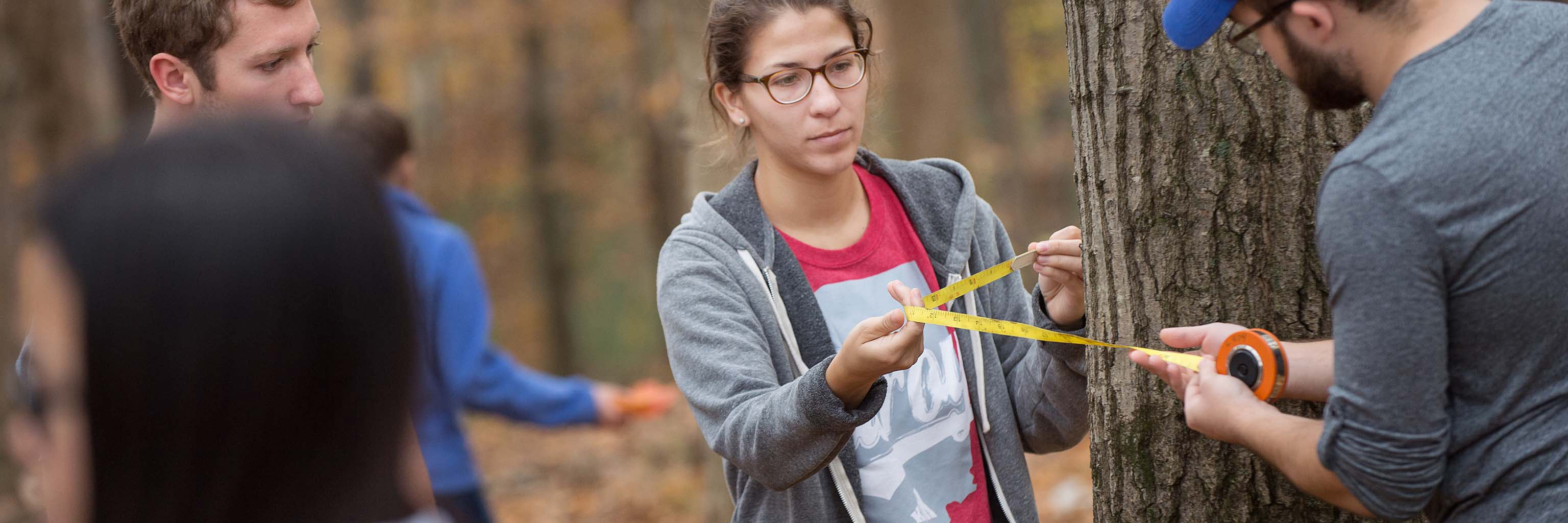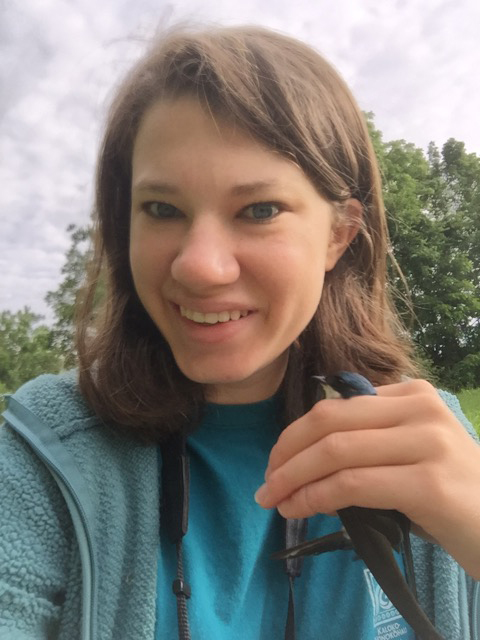- Evolutionary Biology
- Ecology/Population Biology
- Behavior/Physiology
Each area has a specialized set of core courses. In selecting their minimum of 29 graduate course hours, students enroll in at least two core courses from their chosen area of concentration and at least one core course from one of the other two areas. Additional courses come from a varied and changing list of accessory graduate courses whose topics reflect current faculty and student interests and important developments in the respective fields. In consultation with their advisory committees, students tailor their formal course training to their general and specific research interests. A weekly seminar series provides advanced students the opportunity to gain experience in presenting research talks and promotes critical thinking among students in the audience. In addition to these graduate biology courses, students receive biostatistics training through at least one graduate course in statistics.
First-year students can participate in rotations through cognate research labs during their first semester. During their second semester, doctoral-level students choose a lab in which to pursue Ph.D. research, assemble a faculty advisory committee, and design a preliminary research project so that they embark on a first summer research season.


 The College of Arts
The College of Arts